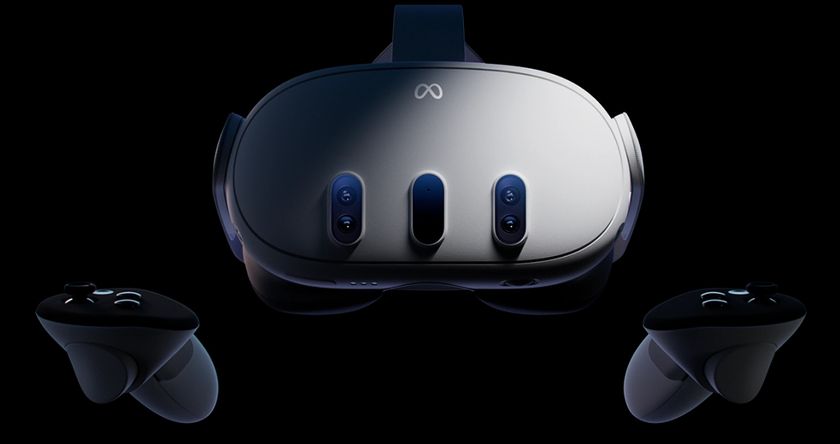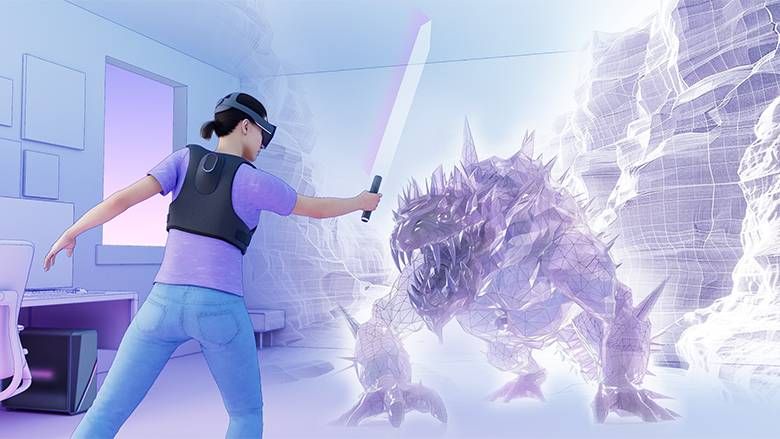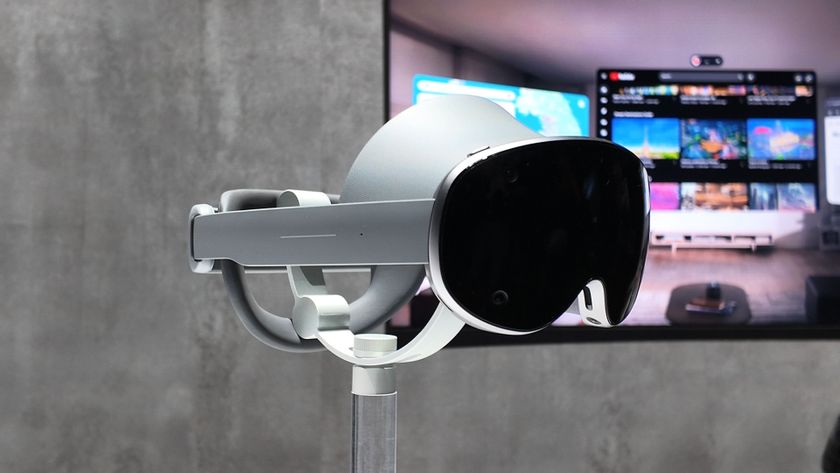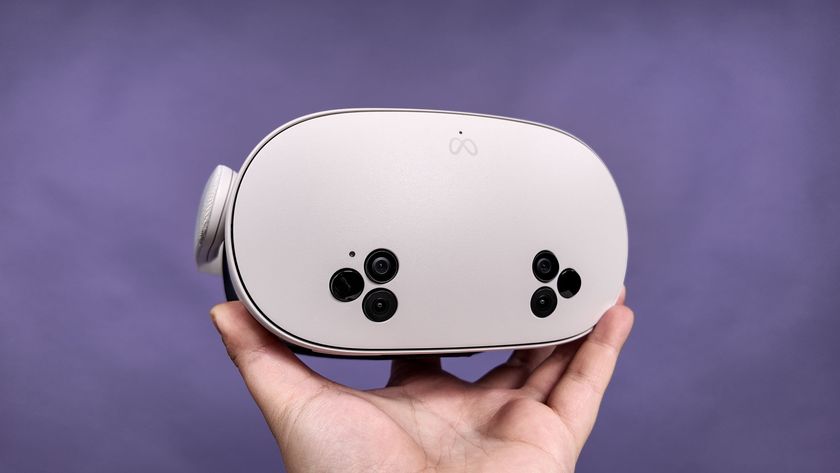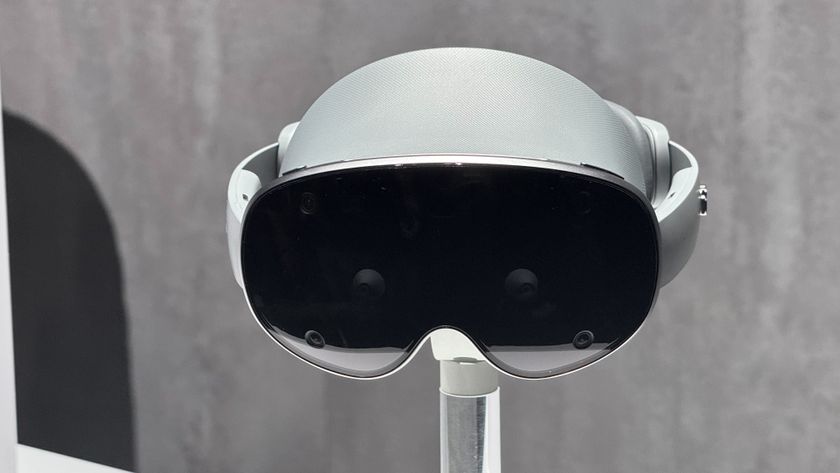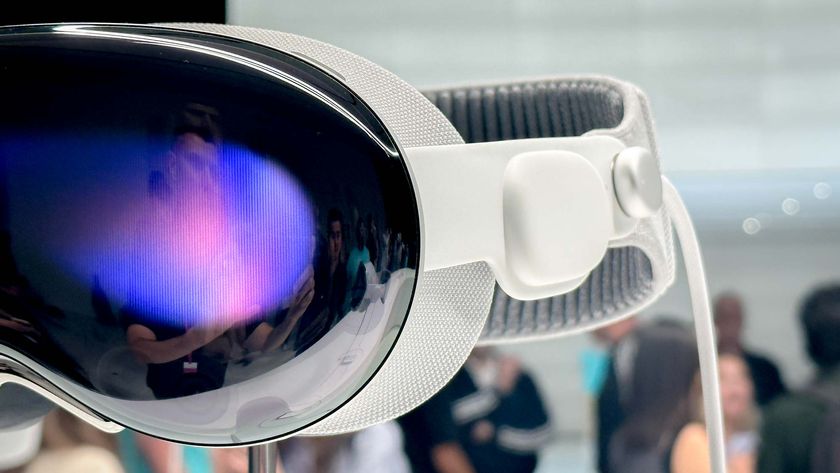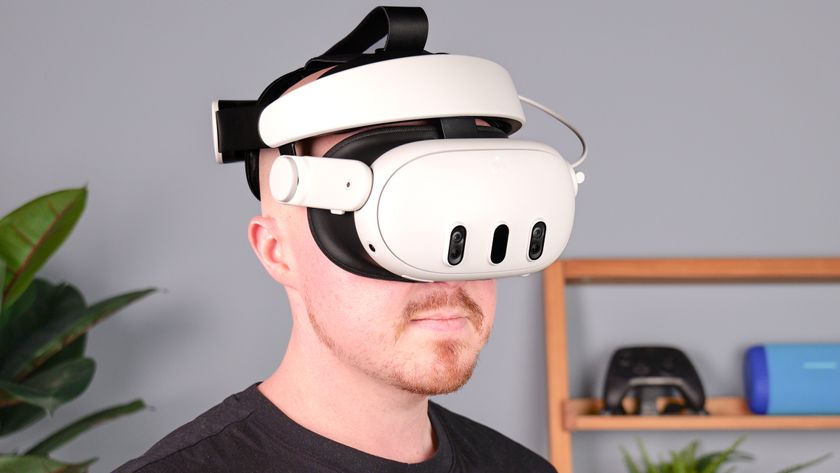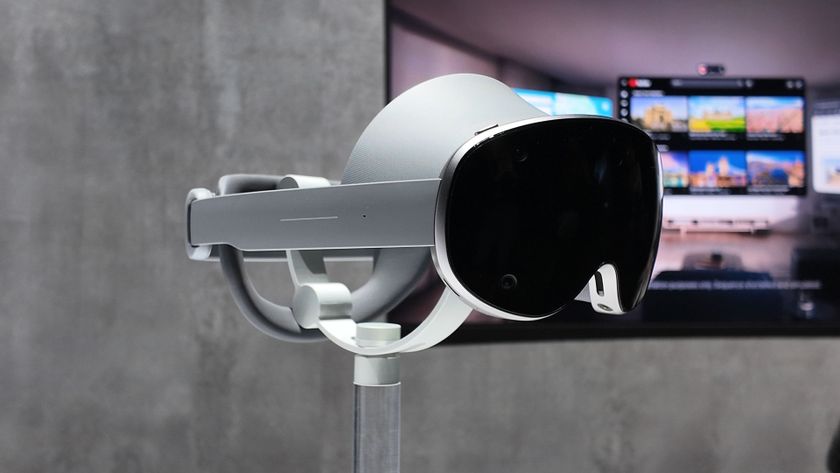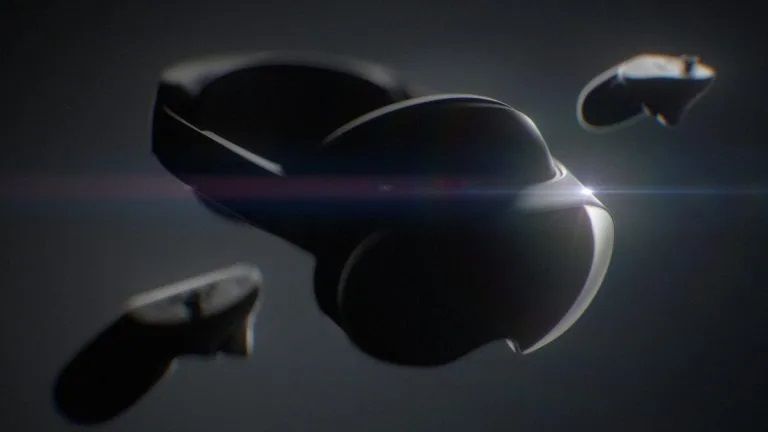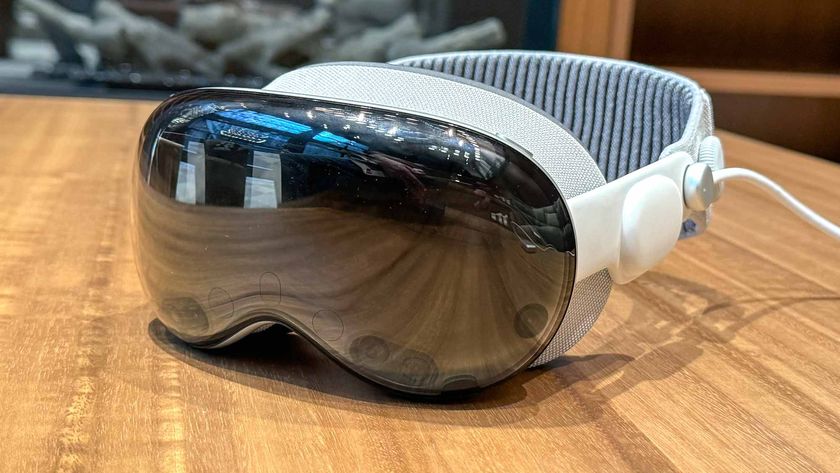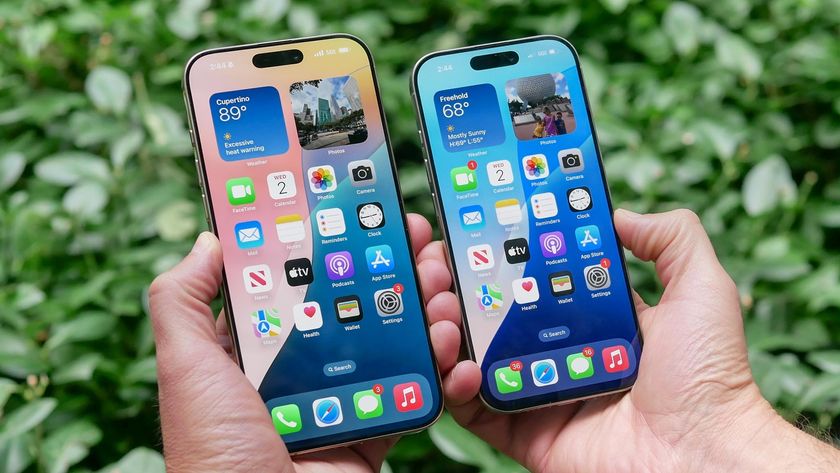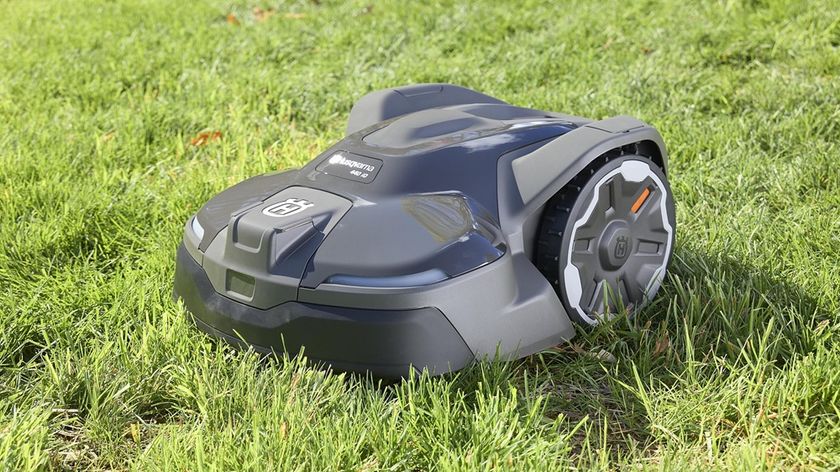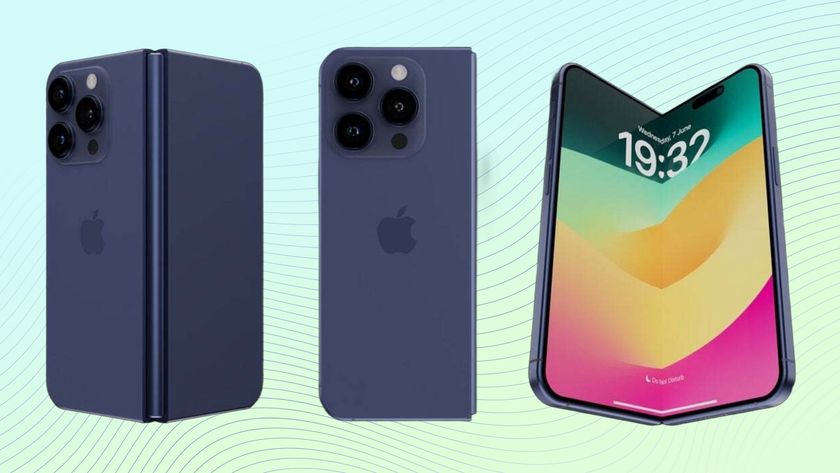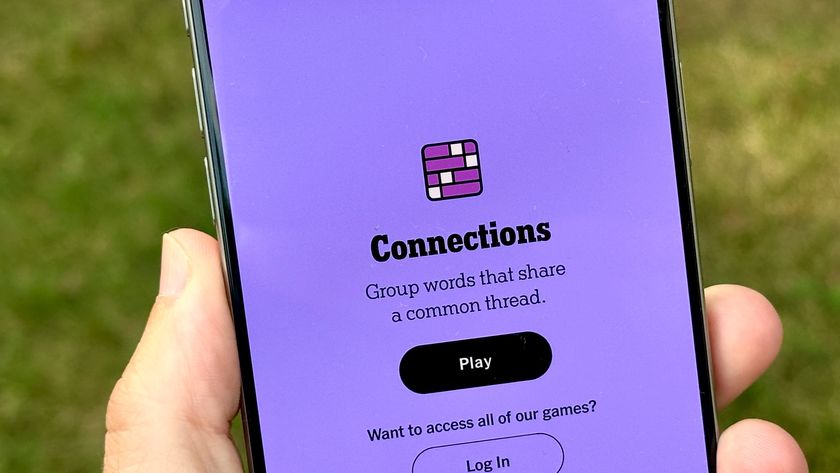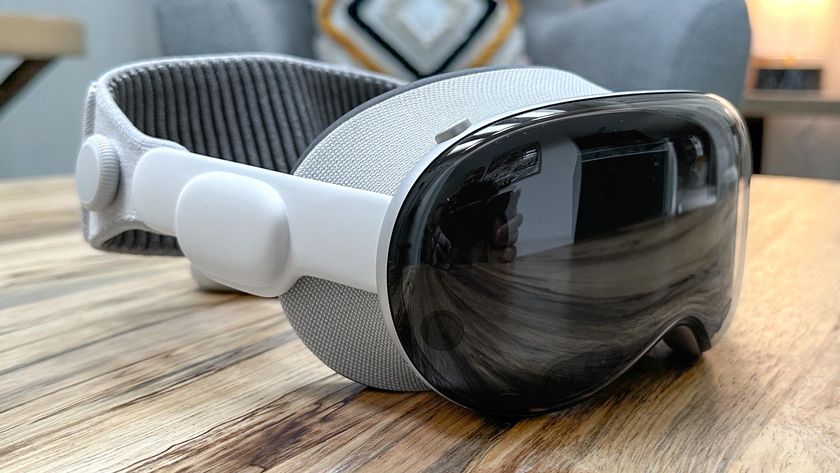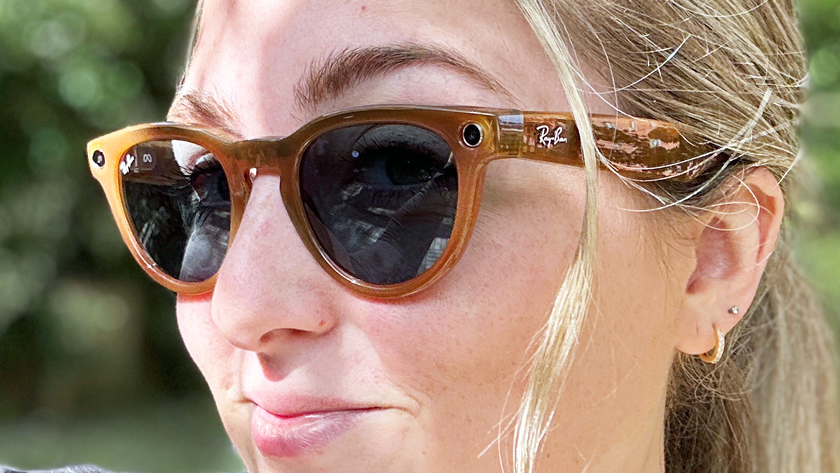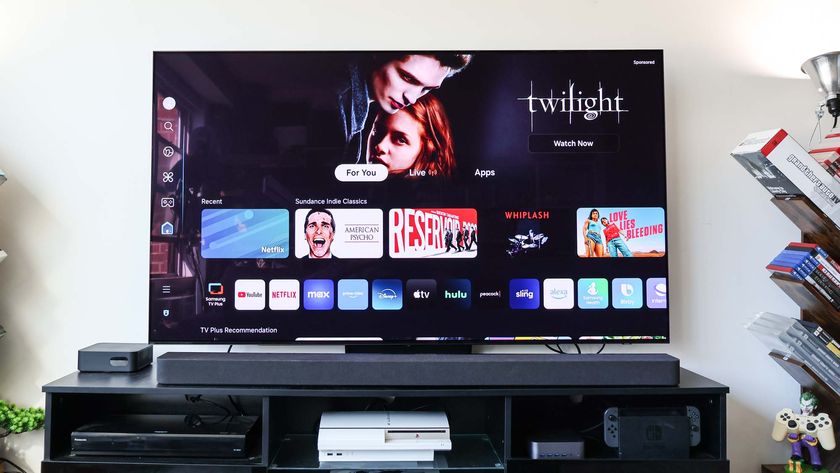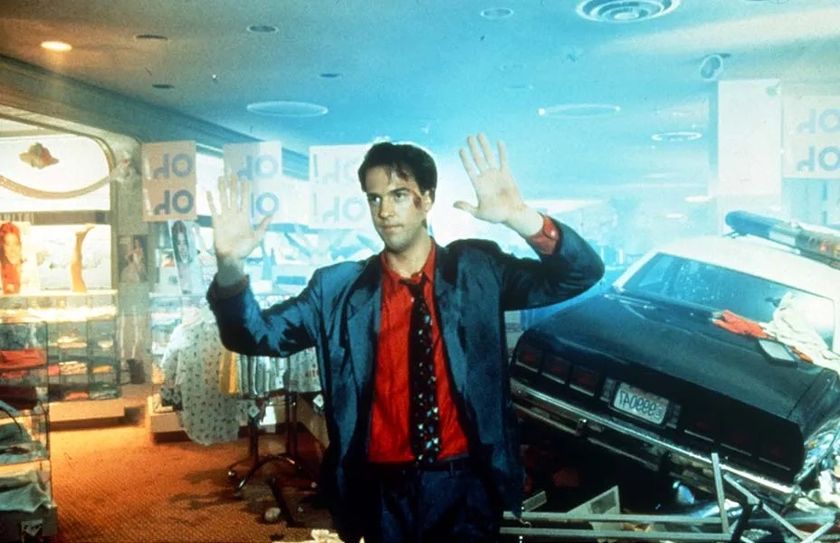Oculus Quest Pro top features teased in new Zuckerberg interview
An Oculus Quest Pro is in the works, and here's how it could be different
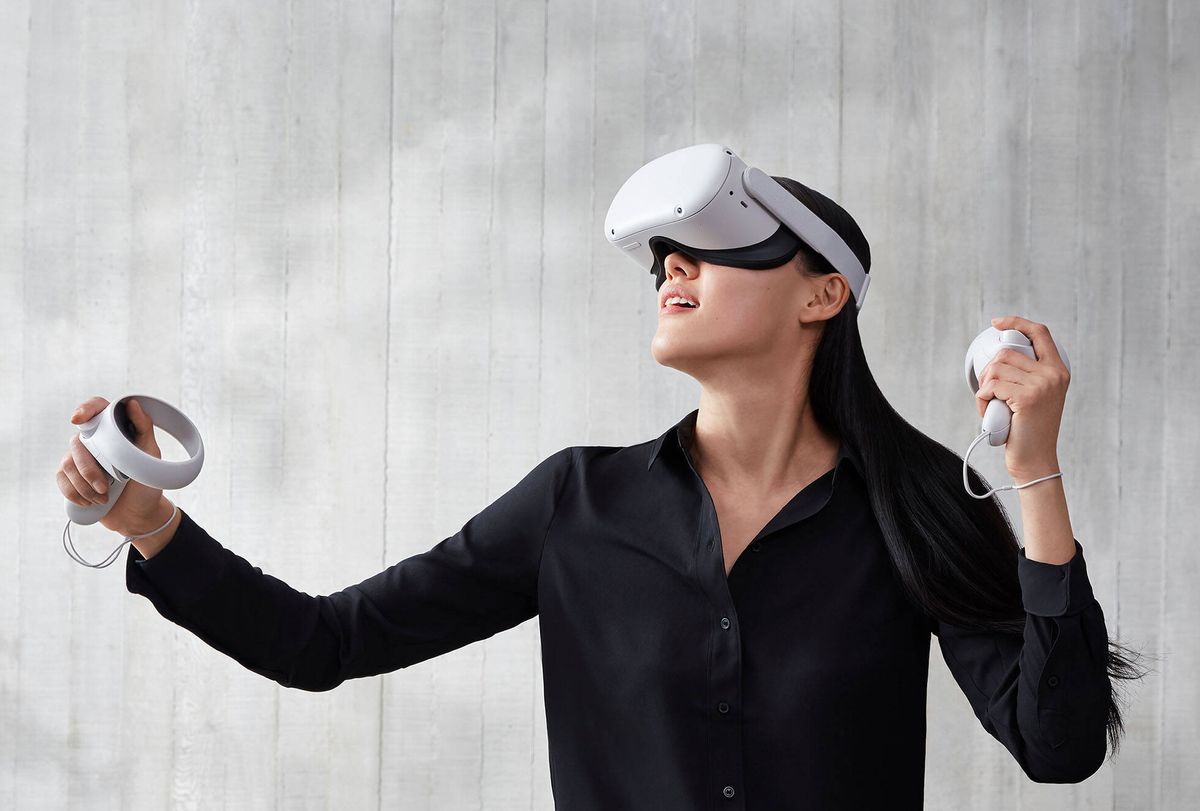
Very little is known about the Oculus Quest Pro at the moment, but it has come a long way from being a teaser in a Q&A. When Facebook CEO Mark Zuckerberg is prepared to comment on the record about future hardware, you know it must be a done deal.
In an interview on the future of VR with CNET, when asked directly about the Quest Pro, Zuckerberg replied that it’s “something we’re working on.”
- The best VR headsets right now
- Best Oculus Quest 2 games: Our top picks
- Plus: Oculus Quest 2 could get Android apps — what we know
Interestingly, the case for a Pro device seemingly isn’t simply around raw power, as the recently released AirLink allows Oculus Quest 2 devices to harness the power of a computer’s GPU without a physical cable in place. “I think the trade-off on requiring the wire is too great in terms of the experience,” explained Zuckerberg. “What you trade off on immersion and being able to walk around -- even if you're sitting at a desk and doing productivity work.”
So if the entry-level Quest 2 can already harness the power of a computer, what can a Quest Pro bring to the table? The answer seems to be on-board sensors. “There are other aspects that make virtual reality a higher-end experience as well, including putting more power in it in terms of different types of sensors and capabilities on the device,” Zuckerberg said.
Later on in the interview, the Facebook CEO returns to the topic, highlighting eye tracking, face tracking and health sensors, “whether that's heart rate monitoring of the different other kinds of fitness sensors that you might have on a fitness watch.” Extra sensors, Zuckerberg points out, would require “higher- and higher-end” headsets. “Then the question for us is going to be, well, how do we innovate on what that’s going to look like and be able to deliver something that’s a high-end product?”
While namechecking each sensor isn’t a guarantee of inclusion, it’s certainly an interesting starting point. Eye tracking is something that’s been mentioned before, with Facebook President of Augmented and Virtual Reality Andrew Bosworth previously stating it can “dramatically improve performance by only rendering things that are in the field of view of the fovea.”
Face tracking, meanwhile, could make VR a more sympathetic social experience if your expressions automatically track, and fitness sensors could be a huge development in a market where certain games already double up as workouts.
Sign up to get the BEST of Tom's Guide direct to your inbox.
Get instant access to breaking news, the hottest reviews, great deals and helpful tips.
Whatever Oculus Quest Pro ends up looking like, we’re not expecting it any time soon. Previously, Bosworth has been clear that a Pro headset won’t arrive this year, and this is something Zuckerberg reiterated here, saying “it's not coming out anytime soon.”
But when it does, it sounds like it’ll be closer to the company’s vision of VR than anything that has come before. “From my perspective, it's filling out the initial vision and hope that we had for VR about how there are going to be all these different use cases,” Zuckerberg said. “It's amazing for gaming, but it's not only for gaming.”
- More: The best gaming PCs you can buy
Freelance contributor Alan has been writing about tech for over a decade, covering phones, drones and everything in between. Previously Deputy Editor of tech site Alphr, his words are found all over the web and in the occasional magazine too. When not weighing up the pros and cons of the latest smartwatch, you'll probably find him tackling his ever-growing games backlog. Or, more likely, playing Spelunky for the millionth time.
